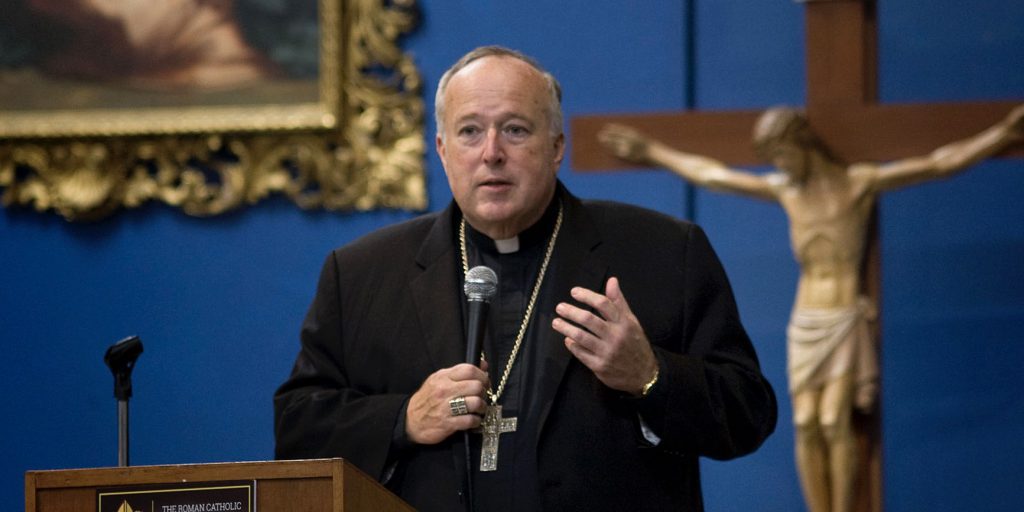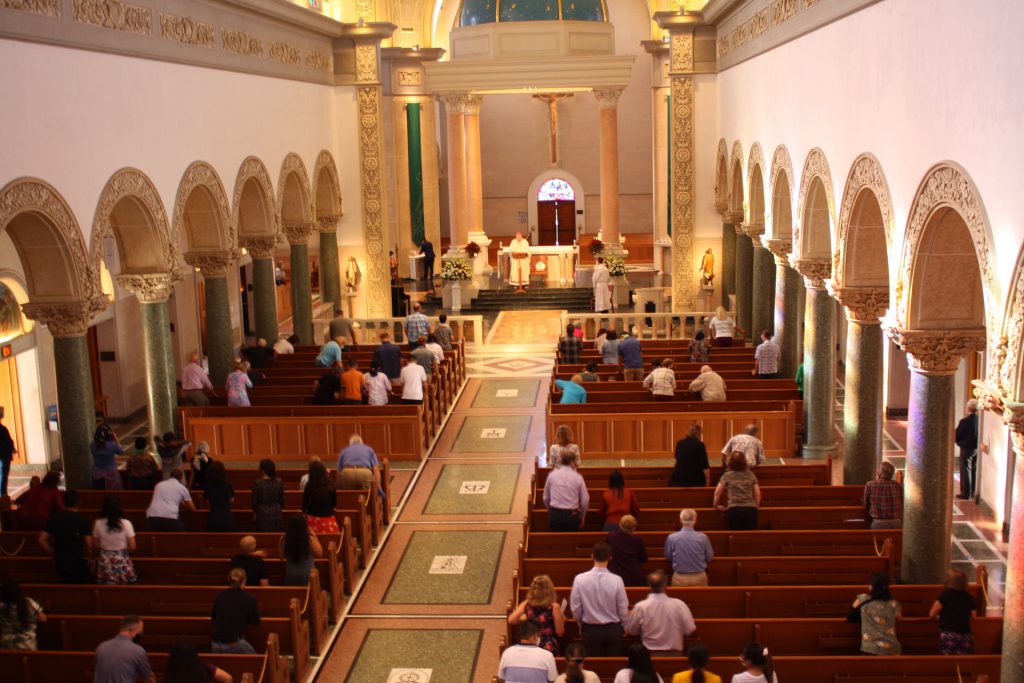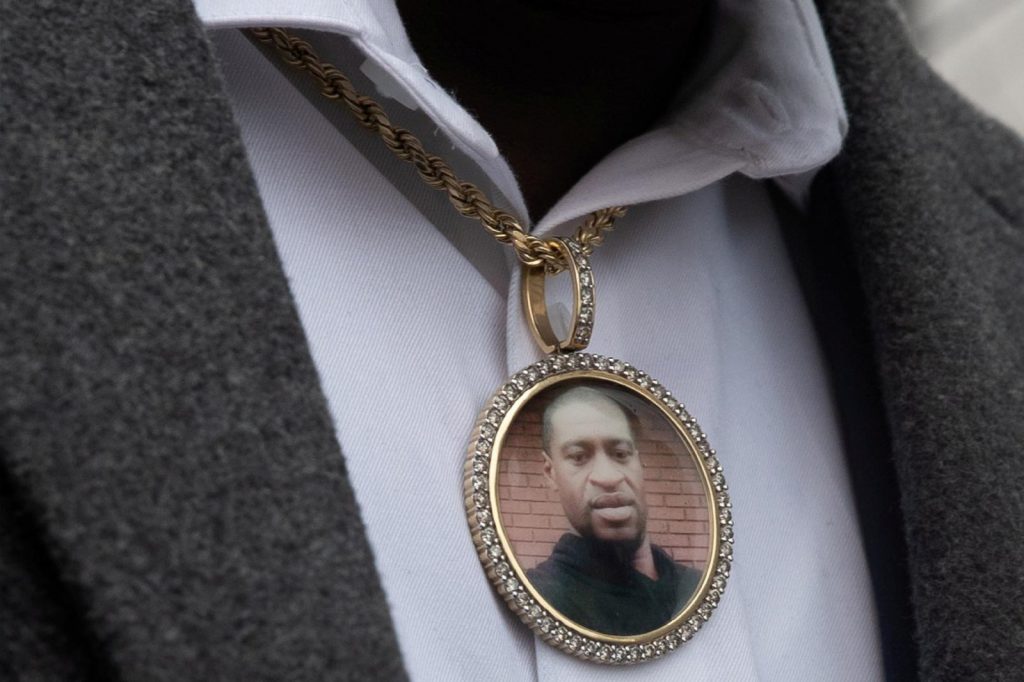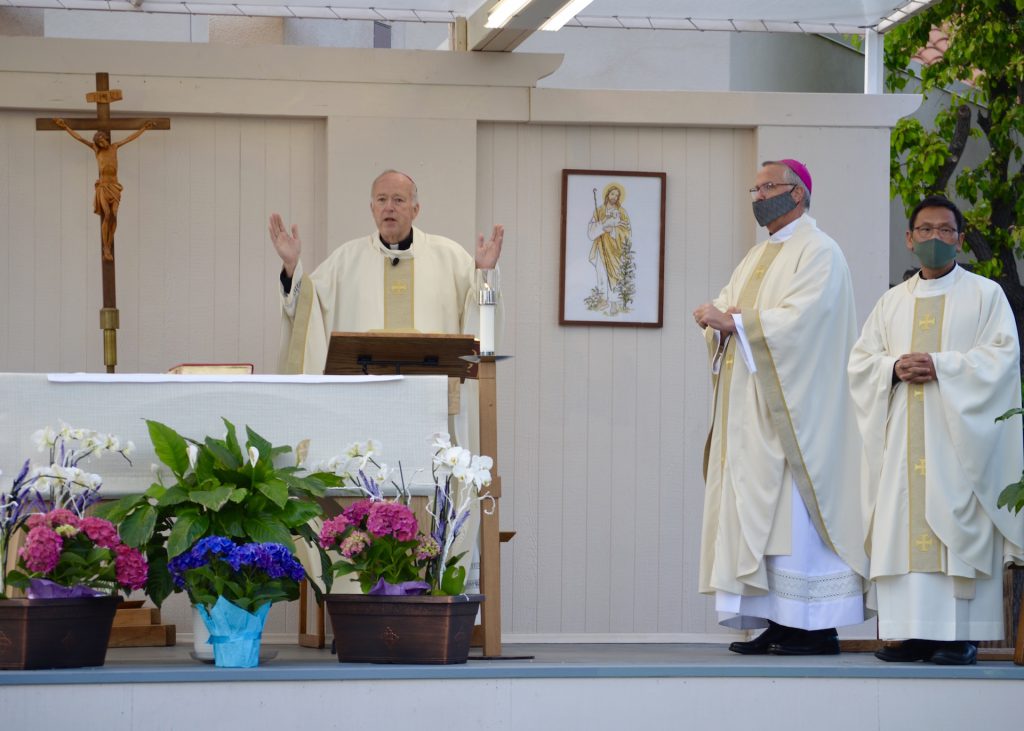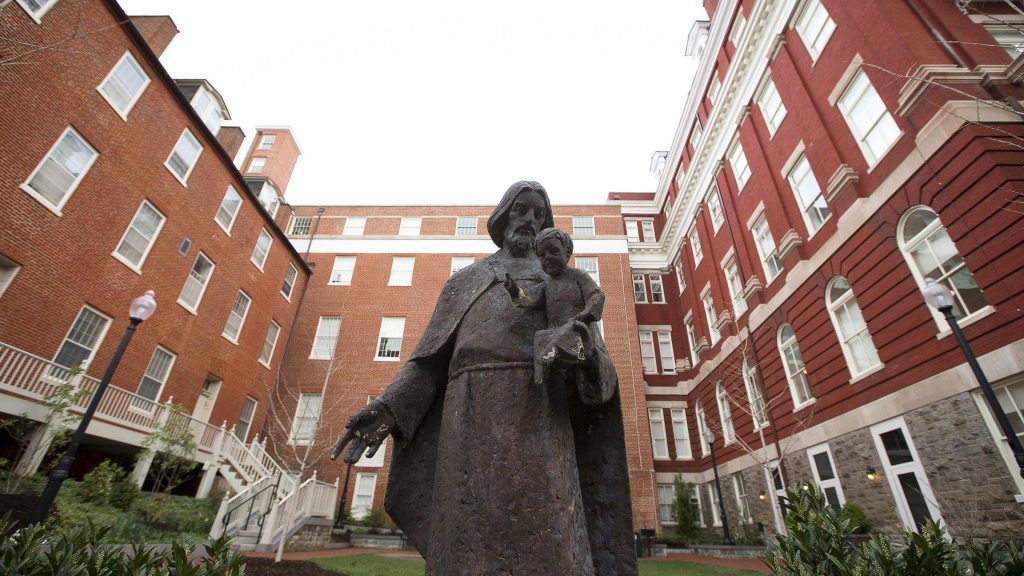SAN DIEGO — The U.S. Catholic Church is working at all levels to confront the sin of racism and to teach about the intrinsic dignity of the human person.
At the San Diego Diocese, the Office of Ethnic and Intercultural Communities will host a community forum via Zoom, the latest diocesan event to explore racism in various arenas and to identify long-term solutions that can be implemented locally.
The three-part forum will start by listening to personal stories then focusing on strategies for overcoming racial prejudice in the Church and strengthening diversity and inclusion in parishes. The forum will be held Wednesday evenings, 6:30-8:30 p.m., on Aug. 12, 19 and 26.
The goals of the office are to promote dialogue, cultural awareness and understanding of the ethnic Catholic communities in the diocese and to foster unity among all Catholics. The office works with representatives from ethnic communities in the diocese, from the African Catholic community to the Vietnamese one, and the nearly two dozen communities in between.
“It is critically important that faithful from all races and ethnic groups participate in our forum,” said the Very Rev. Michael Pham, who leads the office. “It’s only when we work together to live the Gospel that lasting change and healing can occur.”
The forum is called “My Church, My Story: Listen, Dialogue and Action.” The goal is to provide a platform where Catholics can share their experiences, learn from their fellow faithful through meaningful and honest dialogue, and become agents of change in their parishes and communities.
The first session, on Aug. 12, is called “My Church, My Story” and the featured speaker will be Dr. Constance Carroll, chancellor of the San Diego Community College District and a member of the Catholic faithful of the diocese.
After her remarks, participants will divide into smaller groups to discuss these questions: What is your lived experience in the Catholic Church? How have the current events related to racism affected you in your parish?
The participants in the second session on Aug. 19, “Your Voice Matters,” will explore the main obstacles getting in the way of diversity in the Church and propose ways to overcome them.
In the final session, on Aug. 26, “A Call for Transformation—Becoming an Agent of Change,” participants will explore what they can do to be more inclusive in their personal life, and what parishes can do to encourage greater diversity and inclusion.
Participants are encouraged to attend all three, or they may attend one or two. Registration is required.
The information shared in the forum will be summarized in a report that will be posted on the office’s page. And it will be shared with San Diego Bishop Robert W. McElroy and the rest of the diocese’s leadership team and all its priests.
The bishops of the United States have consistently issued statements on the issue of racism. The U.S. Conference of Catholic Bishops’ issued a pastoral letter against racism in 2018 called “Open Wide our Hearts: The Enduring Call to Love.”
The California Catholic Conference has taken a leadership role on this issue on the state level. On June 1, 2020, “California Bishops Respond to the Death of George Floyd,” is one of the bishops’ latest statements on the subject. The California bishops released a video reenactment on June 19 of the Stations of the Cross that called attention to the state’s racist past.
At the San Diego Catholic Diocese, Bishop McElroy, issued a statement after the killing of Floyd, “Finding Grace Within Our Republic Of Suffering,” on June 1.
Five days later he celebrated a special Mass to pray with the diocese’s African American Catholic leaders. He shared the historical context of the current racial crisis and proposed a sweeping vision of how Catholics can transform the Church to create a lasting, just society.
On June 11, he participated in a press conference with dozens of other clergy members from the region calling for sweeping police reforms.
In the ordination of Auxiliary Bishop Ramón Bejarano on July 14, he said that “the pastoral mission of the diocese in the coming months and years must not be one of recovery, but of transformation.”





